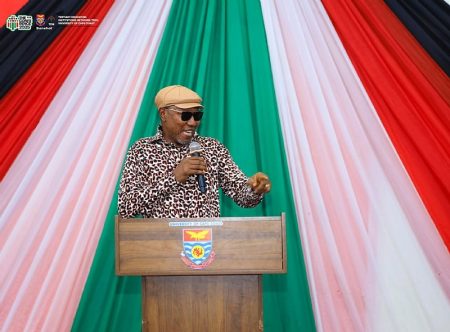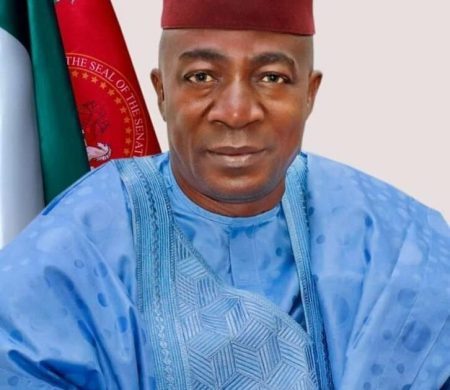The viability of Nigeria’s refineries has come under intense scrutiny following remarks by the leadership of the Nigerian National Petroleum Company Limited (NNPCL) and business tycoon Aliko Dangote, casting doubt on the future of these facilities despite billions of dollars invested in their rehabilitation. The NNPCL is reportedly considering selling off the refineries, citing their outdated status and the failure of previous turnaround maintenance efforts. This potential move has sparked outrage and calls for investigations from opposition leaders, who accuse the current and previous administrations of misleading the public about the refineries’ operational status.
The controversy centers around the Port Harcourt, Warri, and Kaduna refineries, which have collectively consumed an estimated $18 billion in rehabilitation funds without achieving sustained operational capacity. Dangote, who built his own successful refinery after a failed attempt to acquire the government-owned facilities, expressed skepticism about their revival, comparing the endeavor to modernizing a 40-year-old car. His comments mirrored earlier warnings from former President Olusegun Obasanjo, who had questioned the NNPC’s ability to operate the refineries and predicted their eventual failure. Obasanjo recounted how international oil companies like Shell had declined to manage the facilities, highlighting their inherent challenges.
Current NNPCL Group Chief Executive Officer, Bayo Ojulari, further fueled the controversy by suggesting the possibility of selling off the refineries, a stark departure from the assurances of his predecessor, Mele Kyari, who had promised their restoration before the end of the previous administration. Ojulari attributed the refineries’ woes to obsolete infrastructure and underperforming technologies, indicating ongoing strategic review of their operations. This shift in stance has drawn sharp criticism from opposition figures, who view it as an admission of failure and a betrayal of public trust.
Opposition leaders have condemned the government’s handling of the refineries, accusing them of deception and a lack of due diligence. They argue that the repeated promises of restoring the refineries were made without a thorough assessment of their actual condition, demonstrating a disregard for transparency and accountability. The failure to hold anyone responsible for the massive financial losses has further fueled public anger. Opposition parties are demanding a criminal investigation into the alleged corruption surrounding the failed rehabilitation attempts, seeking to identify and prosecute those who mismanaged the funds.
The debate surrounding the refineries also raises concerns about the potential consequences of privatization. Critics, while acknowledging the shortcomings of government-led management, warn that selling the refineries without adequate safeguards could repeat the underperformance seen in the power sector after the privatization of electricity distribution companies. They argue that a thorough investigation and accountability for past failures are essential before considering any privatization plans. The government’s handling of this issue will likely have significant implications for public trust and the future of Nigeria’s energy sector.
This controversy underscores the challenges facing Nigeria’s oil and gas industry, particularly in the downstream sector. The country’s reliance on imported refined petroleum products despite being a major crude oil producer highlights the urgent need for functional domestic refineries. The ongoing debate about the future of the existing refineries reflects a broader discussion about the role of government in managing critical national assets and the need for transparency and accountability in public spending. The outcome of this situation will likely shape the direction of Nigeria’s energy policy for years to come.














